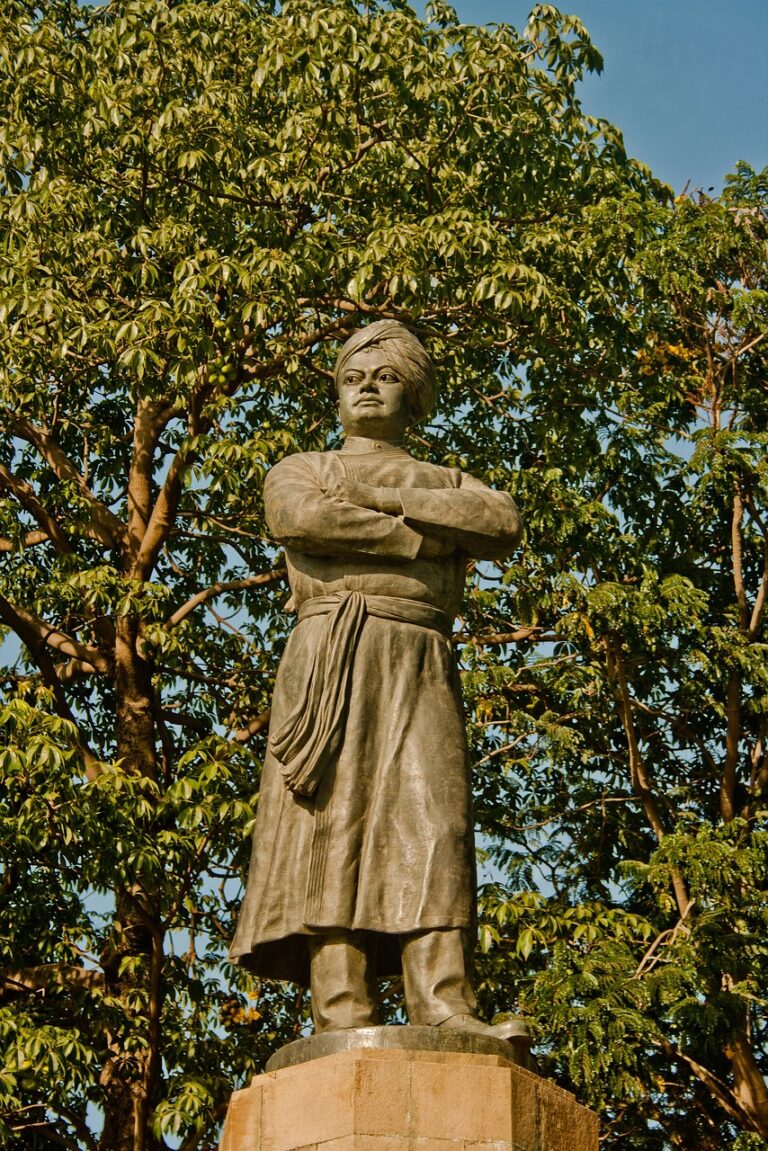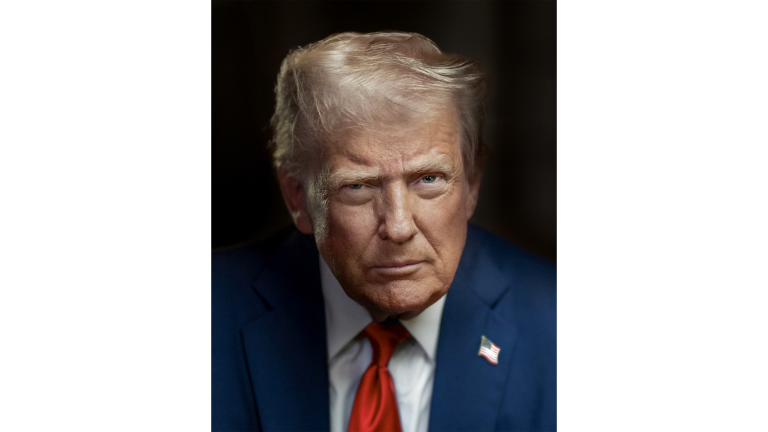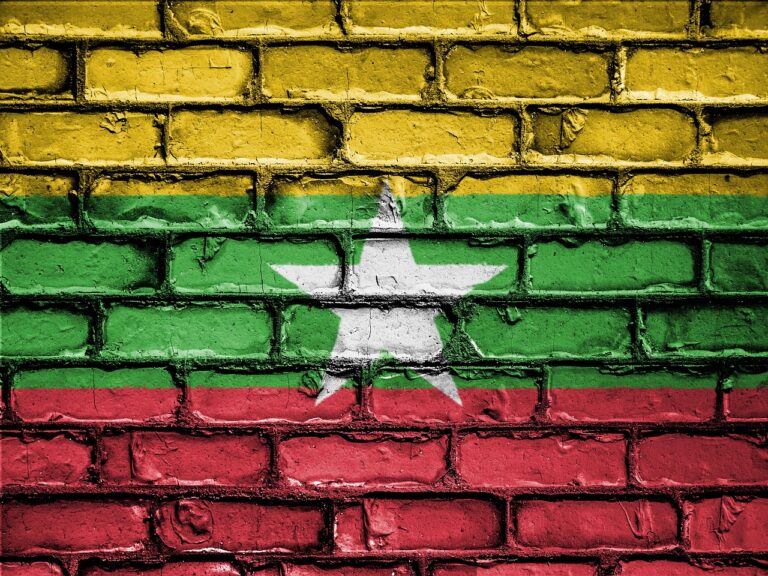
Beirut/Washington: The United States today congratulated the people of Lebanon on the successful February 26, 2025, vote of confidence for the government. “We commend Prime Minister Nawaf Salam and wish his government success under President Joseph Aoun’s leadership,” Tammy Bruce, US State Department Spokesperson, said in Washington.
For too long, the Lebanese people were denied a governing body that could unite the country and rebuild Lebanese state institutions. Bruce said America is partnering with Lebanon’s new government as it enacts urgently needed economic reforms, and Washington will continue its support for the Lebanese Armed Forces as it implements the cessation of hostilities.
Lebanon recently achieved a breakthrough in its long-standing political stalemate by successfully establishing its first complete government in more than two years. On February 8, 2025, President Joseph Aoun revealed the formation of a new administration, designating Nawaf Salam, a former judge at the International Court of Justice, as the Prime Minister. This 24-member cabinet was assembled with impressive speed, wrapping up negotiations in just over three weeks—a significant contrast to the lengthy discussions that have characterized past efforts.
The recently established government has made a significant policy adjustment, stating that the defense of Lebanon during conflicts should solely be the responsibility of the armed forces, eliminating previous references to “armed resistance” that were interpreted as a support for Hezbollah’s separate military operations. This decision comes in the wake of a harsh war with Israel and increasing pressure for Hezbollah to disarm. Remarkably, even after its diminished political power post-war, Hezbollah has backed the government’s position.
The government has presented an ambitious plan that prioritizes financial reforms, economic recovery, and the execution of United Nations resolutions aimed at securing Lebanon’s borders. Prime Minister Salam highlighted the critical need to tackle the country’s public debt and financial default, which have had a devastating effect on the economy since the onset of the crisis in 2019. Furthermore, the administration expressed its commitment to overhauling the banking sector to restore both financial stability and public trust. On the diplomatic front, the government intends to initiate discussions with neighbouring nations, especially Syria, to address persistent challenges such as border delineation and the return of displaced persons.
The establishment of this government has sparked a sense of cautious hope, marking a vital move towards achieving political stability and economic recovery in Lebanon. Nevertheless, several challenges persist, such as tackling ceasefire breaches, advancing reconstruction initiatives, and enacting economic reforms to ease the current crisis.
However, as of now, the Israeli government has not issued any official remarks regarding the establishment of Lebanon’s new government led by Prime Minister Nawaf Salam. But Israel’s military manoeuvres, including overflights and the persistent presence of troops in five locations in southern Lebanon—despite a ceasefire that was implemented in November 2024—suggest a careful and alert response to the shifting political dynamics in Beirut. The ongoing occupation of these areas has been a source of tension and may influence Israel’s perspective on the new Lebanese government.
Although Iran has shown its support for the newly formed government in Lebanon, recent tensions have surfaced after Lebanon decided to ban Iranian flights from landing at Beirut’s airport, citing security concerns over potential Israeli airstrikes. This action has led to protests from Hezbollah supporters and calls from the group to lift the ban. The situation illustrates the complex interplay between Iran, Hezbollah, and the Lebanese government, especially in light of regional security and political dynamics.
Despite these challenges, Iran continues to push for cooperation with Lebanon’s new administration, aiming to promote shared interests and strengthen the relationship between the two nations. Iran’s Foreign Minister, Seyyed Abbas Araghchi, reiterated Tehran’s support for the Lebanese government, its people, and the Resistance, expressing satisfaction with the progress in Lebanon’s political journey.
– global bihari bureau





